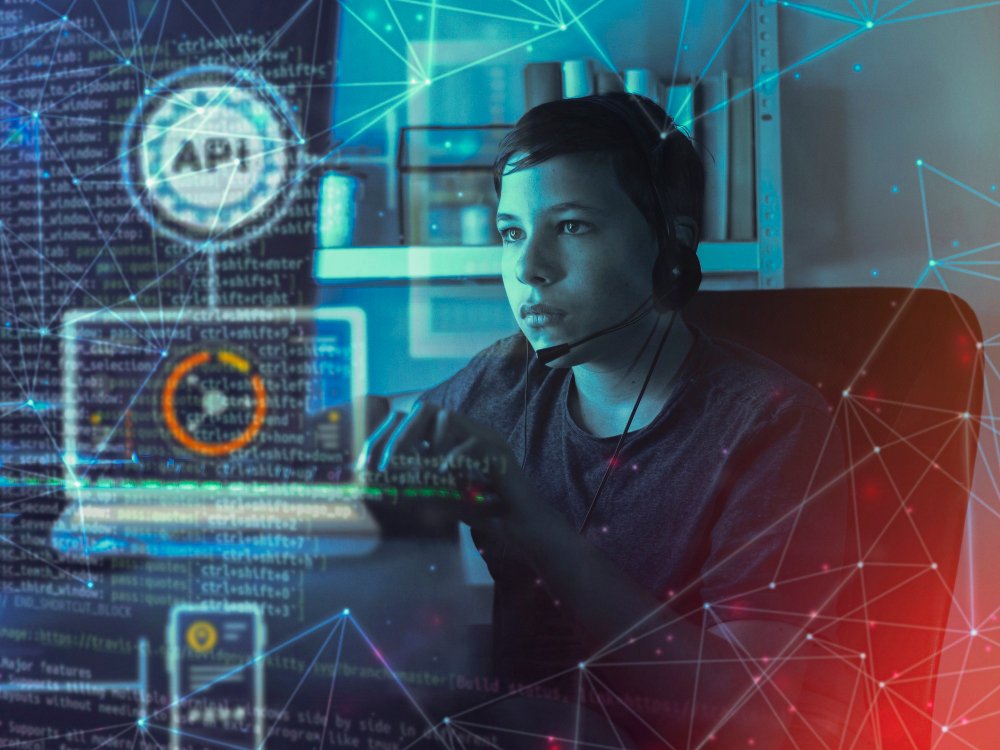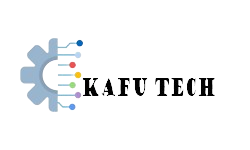Introduction:
In the high speed universe of the 21st 100 years, the advancement of work has become the dominant focal point, driven by the steady walk of innovation. Among the groundbreaking powers, computerized reasoning (man-made intelligence) and robotization stand apart as the harbingers of another time. This article investigates the significant changes in the scene of work, diving into the verifiable setting, latest things, and future ramifications of the advantageous connection among people and machines.
I. Authentic Viewpoints:
To appreciate the present and fate of work, considering the authentic context is fundamental. The Modern Unrest denoted a critical second, supplanting agrarian economies with modern ones. Presently, we are seeing the beginning of the Fourth Modern Transformation, described by the combination of advanced, organic, and actual innovations. From steam motors to calculations, mankind has reliably looked for proficiency through development.
II. Ascent of man-made intelligence and Mechanization:
Man-made intelligence and mechanization, the twin mainstays of the Fourth Modern Upheaval, have acquired noticeable quality in ongoing many years. The appearance of strong registering, AI, and mechanical technology has empowered errands once selective to human abilities to be mechanized. From routine assembling cycles to complex independent direction, machines are progressively enlarging or supplanting human work.
III. Current Scene:
A. Work Uprooting versus Work Change: The feeling of dread toward far and wide work uprooting because of mechanization is a diligent concern. Be that as it may, a nuanced view uncovers a more mind boggling reality. While specific routine errands might be computerized, new jobs arise that request remarkably human abilities, like inventiveness, the capacity to appreciate people on a deeper level, and decisive reasoning. The test lies in working with the progress from old to new ranges of abilities.
B. Man-made intelligence in Information Work:
Artificial intelligence’s effect stretches out past conventional assembling areas into information escalated fields. Calculations break down tremendous datasets, helping dynamic in money, medical care, and different expert administrations. This combination of artificial intelligence into information work brings up issues about work jobs, morals, and the requirement for ceaseless learning.
C. Changing Nature of Work:
Adaptable work courses of action, worked with by advanced availability, have turned into the standard. The gig economy, remote work, and outsourcing have re-imagined conventional business structures. This shift has suggestions for work environment culture, representative prosperity, and the job of associations in supporting different work styles.

IV. Cultural Effects:
Imbalance and Social Differences:
The advantages of computerization and artificial intelligence are not consistently circulated. Differences in admittance to training and innovation can worsen cultural disparities. It is critical to address these incongruities to guarantee that the advantages of innovative headways are shared impartially.
B. Moral Contemplations:
As computer based intelligence frameworks become more modern, moral contemplations come to the very front. Issues like predisposition in calculations, information security, and the moral utilization of artificial intelligence in dynamic posture difficulties that require cautious route. Laying out moral structures and guidelines is basic to relieve possible dangers.
C. Human-Machine Cooperation:
As opposed to survey computer based intelligence as a danger, an additional hopeful point of view sees the potential for human-machine joint effort. Expanded insight, where machines upgrade human capacities, opens new roads for advancement and critical thinking. Developing a cooperative mentality is fundamental for saddling the maximum capacity of man-made intelligence.
V. Future Directions:
A. Reskilling and Deep rooted Learning:
The developing idea of work requests a change in perspective in schooling and preparing. Accentuating reskilling and deep rooted learning is basic to set up the labor force for occupations that require versatilityfurthermore, a different range of abilities. Instructive establishments and organizations should team up to connect the abilities hole.
B. The Job of States and Strategies:
Legislatures assume an essential part in forming the eventual fate of work through strategies that offset development with social obligation. Drives supporting training, retraining projects, and social wellbeing nets can moderate the unfriendly impacts of mechanical interruptions.
C. Advancement and Business venture:
The developing work scene presents open doors for development and business venture. Little and medium-sized undertakings (SMEs) can assume a critical part in driving monetary development by embracing innovation and adjusting to changing business sector elements.
Conclusion:
The development of work, impelled by man-made intelligence and mechanization, is a perplexing excursion with diverse ramifications for society, economies, and people. Exploring this future requires an all encompassing methodology that consolidates mechanical development, moral contemplations, and a guarantee to comprehensive advancement. By embracing change, encouraging cooperation among people and machines, and focusing on training and reskilling, we can shape a future where work develops not to the detriment of humankind but rather as one with it. The test is critical, yet the potential for positive change is similarly immense. As we stand on the cusp of this new time, the decisions today will decide the direction of the advancement of work for a long time into the future.

